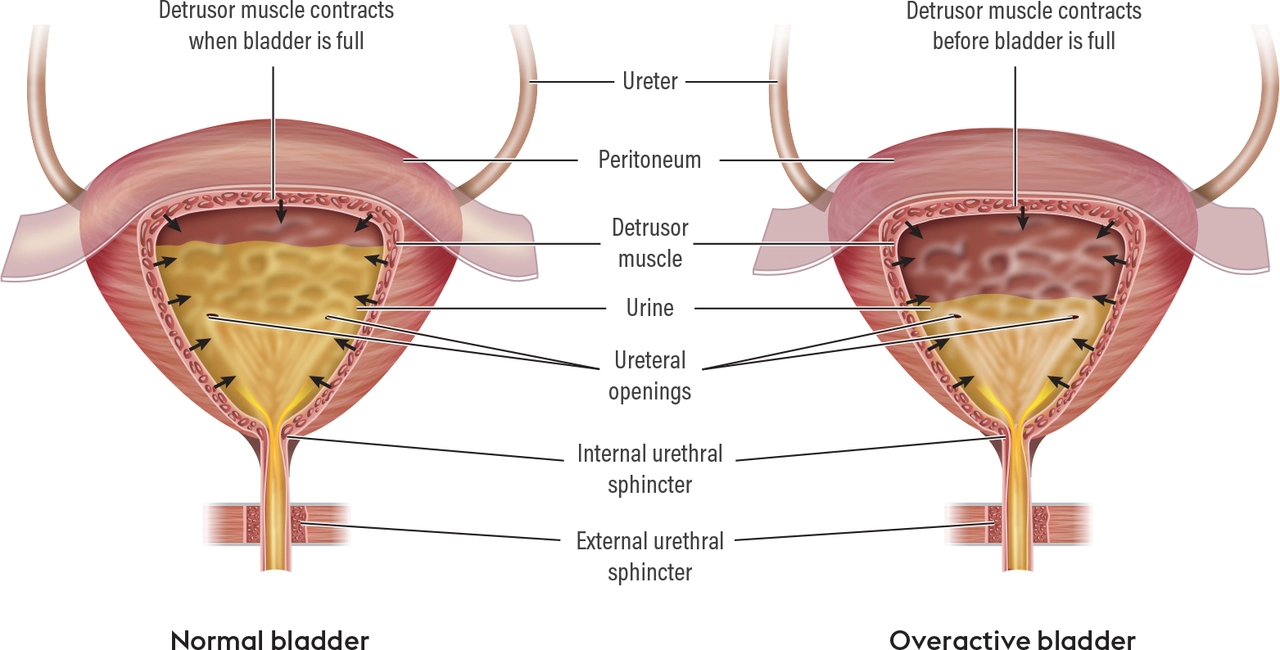Aging: Practical Tips to Stay Healthy, Sharp, and Independent
Aging doesn't have to mean losing control. You can slow decline, keep your mind sharp, and feel more energetic by focusing on a few simple, reliable habits. This page gathers clear, practical steps you can use today — from medicine checks to daily routines that protect your body and brain.
Manage medications and avoid harmful mixes
As you get older, you often take more drugs — prescription, OTC, supplements. That raises the chance of bad interactions and side effects. Once a year, take your full list of pills to your doctor or pharmacist. Ask: do I still need this? Can I stop, lower dose, or switch to something safer? Watch common risks: too much acetaminophen can harm the liver, some antidepressants and antipsychotics can cause dizziness or weight gain, and combining alcohol or antacids with certain meds can change how they work. Keep a single, updated medicine list on your phone or a paper wallet card.
Daily habits that really matter
Move at least 30 minutes most days — walking, resistance bands, or gardening count. Strength training twice a week keeps muscles and balance strong, which lowers fall risk. Sleep matters: establish a quiet, cool routine and see a professional if you snore or wake gasping — untreated sleep apnea raises heart and memory risks. Eat protein with each meal, include vegetables and whole grains, and check vitamin D and B levels with your doctor. If supplements interest you, talk to your clinician first because some can interact with drugs.
Mental sharpness responds to simple practices. Read, play strategy games, learn a new skill, or speak regularly with friends to reduce isolation. Small, consistent mental challenges boost memory and focus more than long study binges.
Preventive care pays off. Keep vaccines up to date, schedule bone density and vision checks, and get regular blood pressure and diabetes screenings. Managing conditions like high blood pressure or blood sugar early prevents complications that limit independence later.
Make your home safer: remove tripping hazards, add good lighting, install grab bars in bathrooms if needed, and place frequently used items within reach. A small change like non-slip mats can cut fall risk dramatically.
Finally, plan ahead. Put important documents in one spot, name a trusted health proxy, and discuss care preferences with family. These steps reduce stress if health changes suddenly.
Small changes add up. Start with one habit this week — a medicine review, a 15-minute walk, or a sleep fix — and build from there. Aging will still happen, but you can shape how it feels and keep more control over your health and daily life.
Check hearing and vision regularly because trouble in either speeds social withdrawal and memory decline. Treat hearing loss—simple hearing aids often improve mood and thinking. Stay social: join a class, volunteer, or call a friend weekly. If mood or memory swings worry you, talk to a doctor sooner rather than later; early assessment often leads to better outcomes and simpler fixes and hope.
Oxybutynin and Aging: Addressing Bladder Issues in Older Adults
As we age, bladder issues like overactive bladder (OAB) tend to become more common, and I've recently learned about a medication called oxybutynin that can help older adults manage these symptoms. Oxybutynin is an anticholinergic drug that works by relaxing the bladder muscles, which can reduce the urgency and frequency of urination. It's important to note that this medication may have side effects, such as dry mouth, constipation, and blurred vision, so it's essential to discuss these with your healthcare provider. Overall, oxybutynin offers a potential solution to address bladder issues in older adults, helping them maintain their independence and quality of life. If you or someone you know is struggling with OAB, it might be worth exploring oxybutynin as a treatment option with a medical professional.
View More
